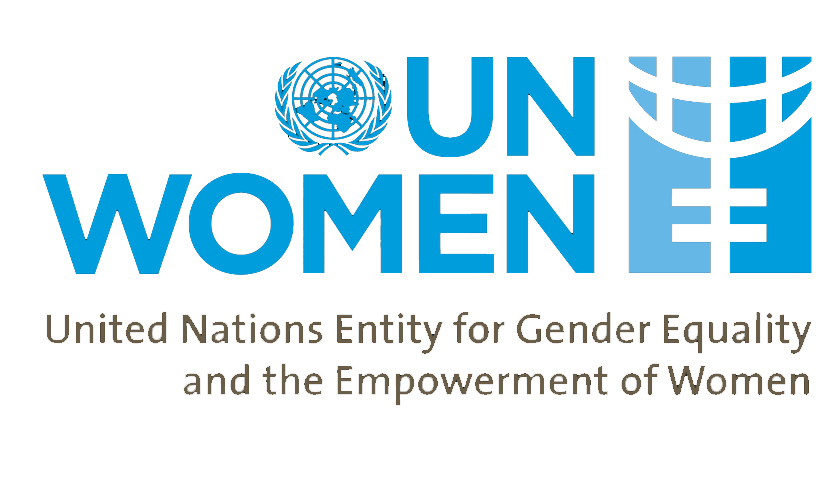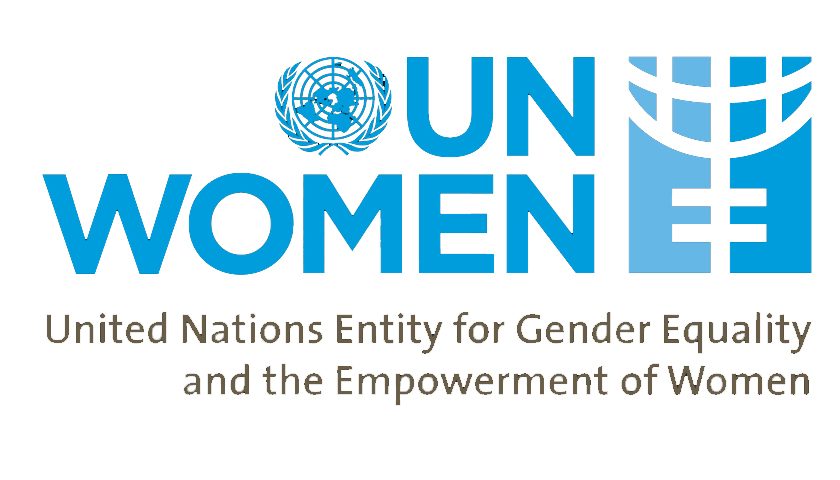More than 200 leaders and experts from over 20 countries are meeting in Rabat, Morocco, from February 26 to 28 , to focus on strategic and effective approaches to make public spaces safe and empowering for women and girls.
The city of Rabat and UN Women are co-hosting the Fifth Safe Cities and Safe Public Spaces Global Leaders’ Forum at the Sofitel Hotel. The Forum takes place in the year where the visionary Beijing Platform for Action turns 25.
Delegates will share practical integrated approaches to end sexual harassment and other forms of violence against women and girls in public spaces. Studies indicate that women and girls often experience harassment on streets, buses, in markets, and other public spaces in cities around the world.
In a multi-country study from the Middle East and North Africa, between 40 and 60 per cent of women said they had ever experienced street-based sexual harassment (mainly sexual comments, stalking/following, or staring/ogling). One in 10 women in the European Union report having experienced cyber-harassment since the age of 15 (including having received unwanted, offensive, sexually explicit emails or SMS messages, or offensive, inappropriate advances on social networking sites). The risk is highest among young women between 18 and 29 years of age.
Sexual harassment is a matter of gender inequality and a violation of human rights and can include acts that range from unwelcome sexual remarks and jokes and taking and circulating sexual photographs, to aggressive touching, and rape. Survivors have demanded that it be understood as a form of violence and abuse of power.
“Rabat is engaged in multisectoral partnerships to prevent all forms of violence in public and private spaces, and is committed to mobilize efforts, expertise, and capacity to ensure the success and sustain the results of its Safe City with Women and Girls’ programme. Hosting the Forum and fostering exchanges with experts in Morocco and other countries on how to accelerate action to increase women’s access and use of public spaces free from fear and experience of such violence, is critical for all cities to achieve sustainable development,” said Mohamed Sadiki, President of the City of Rabat.
Forum sessions will focus on topics including:
- The inclusion of grassroots women, men and youth leaders in the implementation of integrated approaches to prevent and respond to sexual harassment and other forms of violence against women in public spaces at the local level;
- The roles of government, the police, women and community organizations, housing, transportation, education and businesses in ensuring safe, smart and sustainable cities and public spaces for all women and girls;
- Good practices in addressing the policy and data gap on sexual harassment; and
- Changing attitudes and behaviours to promote women’s and girls’ safety during the day and after dark
“We share a universal vision of safe and empowering spaces for all women and girls; cities in which everyone can travel, work, play and interact freely, with dignity and safety. The experiences across sectors and ‘outside the box’ thinking that will be shared in Rabat, including contributions from youth agents of change, will be key to ensuring gender equality is a condition for safe and sustainable cities for all,” said Executive Director of UN Women Phumzile Mlambo-Ngcuka.
Rabat was the second city in Morocco to participate in the UN Women Safe Cities and Safe Public Spaces Global Initiative, following Marrakech in 2015, and the second city in the Arab States to co-host this Forum, following Cairo. The Forum is part of the city’s efforts to end sexual harassment and other forms of violence against women and girls and create safe public spaces for all in Rabat.
The Ministry of Interior, the General Directorate of Local Authorities, the General Directorate for National Security, the Minister of National Territory Development, Urban Planning, Housing and City Policy, the Spanish Agency for International Development Cooperation, the Government of Canada and the German National Committee for UN Women have provided support to the Forum.

